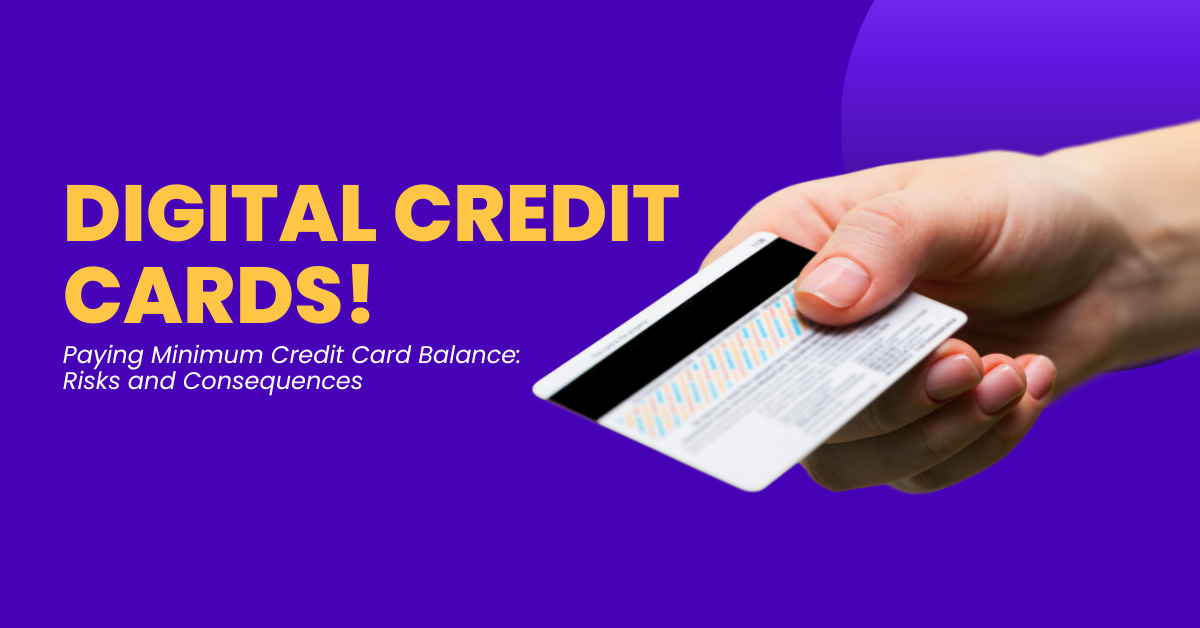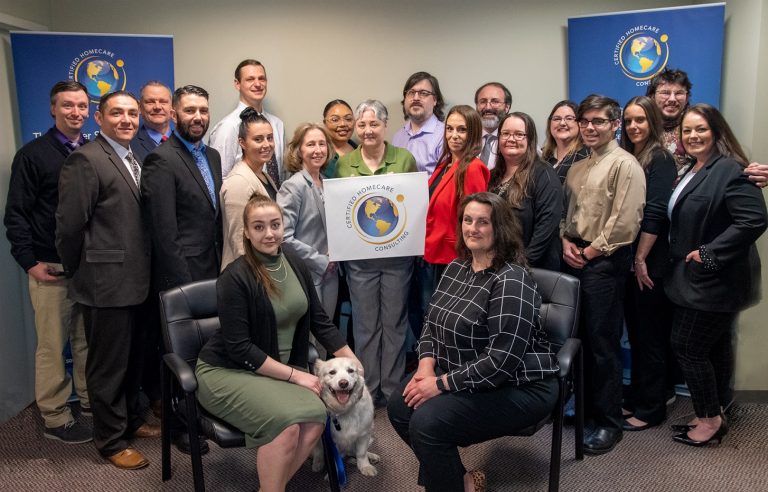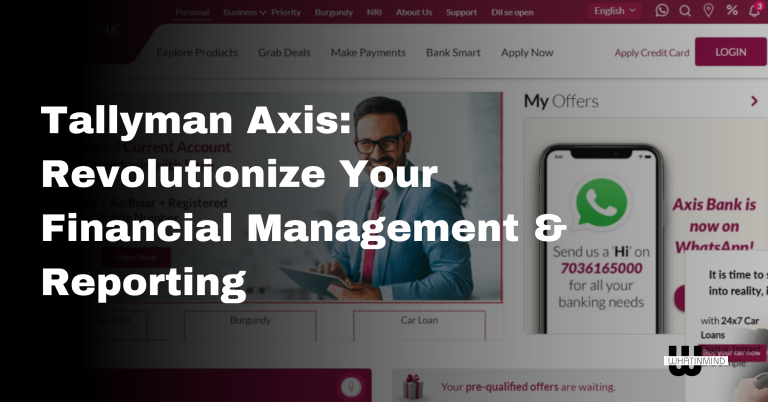Paying only the minimum balance on your credit card can lead to…
When it comes to managing credit card debt, paying only the minimum balance might seem like a convenient short-term solution. However, the implications of this approach can have far-reaching consequences that extend beyond just the immediate financial impact.
From high-interest charges piling up to the potential negative effects on your credit score, the repercussions of sticking to minimum payments can create a domino effect that hinders your financial well-being in unexpected ways.
By exploring the various pitfalls associated with this seemingly harmless practice, a clearer picture emerges of the detrimental effects that may lurk beneath the surface.
High Interest Charges Accumulation
High interest charges can quickly accumulate on credit card balances, leading to financial strain for cardholders. Credit cards often come with high-interest rates, which can markedly increase the total amount owed if not managed properly. When cardholders only make the minimum payment each month, they may find themselves caught in a cycle of debt due to the accruing interest. To avoid this situation, it is important for individuals to practice effective debt management and budgeting.
Debt management involves actively monitoring and controlling one’s debts to make sure they are being paid off in a timely manner. By creating a budget that outlines income, expenses, and debt repayment priorities, individuals can better allocate their resources and avoid excessive interest charges.
Implementing strategies such as paying more than the minimum balance each month can help reduce the overall interest paid and accelerate the debt repayment process. By being proactive and conscious of their financial decisions, cardholders can mitigate the impact of high-interest charges and work towards achieving a debt-free future.
Prolonged Debt Repayment
Prolonged debt repayment periods can substantially impact an individual’s financial stability and long-term goals, necessitating strategic planning and disciplined financial management. When only paying the minimum balance on a credit card, individuals often find themselves trapped in a debt cycle characterized by high-interest charges and a prolonged repayment timeline. Breaking free from this cycle requires a proactive payment strategy that goes beyond the minimum requirement set by the credit card issuer.
Effective budgeting and financial planning are essential components of managing prolonged debt repayment. By carefully monitoring income and expenses, individuals can allocate additional funds towards paying off credit card debt faster, thereby reducing the overall interest accrued. Creating a thorough repayment plan that prioritizes high-interest debts first can help individuals make significant strides towards financial freedom.
Ultimately, addressing prolonged debt repayment necessitates a holistic approach that encompasses both short-term sacrifices and long-term financial goals. By actively managing debt through strategic planning and disciplined financial management, individuals can gradually work towards a debt-free future and achieve greater financial stability.
Negative Impact on Credit Score
Continuing to make only the minimum credit card payments can have a detrimental impact on an individual’s credit score over time, affecting their financial standing and future borrowing capabilities. One key factor that influences credit scores is credit utilization, which is the ratio of the amount of credit being used to the total credit limit available.
By only paying the minimum balance, individuals are likely carrying a higher balance on their credit cards, leading to a higher credit utilization ratio. This increased ratio signals to creditors that the individual may be overextended financially, which can result in a lower credit score.
Additionally, consistently making only minimum payments can also indicate to credit agencies that an individual may be facing financial difficulties or struggling to manage their debt effectively. This perception can further lower the individual’s credit score, making it harder for them to access favorable borrowing terms in the future. It is essential for individuals to aim to pay more than the minimum balance to keep their credit utilization low and maintain a healthy credit score.
Limited Progress in Debt Reduction
Focusing solely on making minimum credit card payments can lead to a prolonged debt repayment period, hindering progress in reducing overall debt. By sticking to minimum payments, borrowers often find themselves trapped in a cycle where interest continues to accumulate, offsetting any small gains made. This limited approach can make it challenging to make substantial strides toward becoming debt-free.
Minimum Payments Prolong Debt
While making only minimum payments on credit card debt may provide temporary relief, it ultimately hinders substantial progress in reducing overall debt. By sticking to minimum payments, individuals often find themselves trapped in a vicious debt cycle, where the debt continues to linger and accumulate over time. This not only prolongs the financial burden but also leads to increased interest payments, further exacerbating the total amount owed.
Choosing to pay only the minimum required amount may seem manageable in the short term, but it greatly slows down the debt repayment process, causing individuals to remain in debt for a longer period. To break free from this cycle and make meaningful progress towards debt reduction, it is advisable to pay more than the minimum whenever possible.
Interest Accumulates With Minimums
Prolonging the practice of making minimum credit card payments not only stalls progress in debt reduction but also intensifies the accumulation of interest, hindering significant headway in resolving overall debt. By only paying the minimum balance, individuals end up paying more in interest costs over time, prolonging the repayment period. This financial habit can become a vicious cycle, where the individual struggles to make substantial dents in their debt due to the escalating interest charges.
Overreliance on minimum payments reflects a need to reassess financial habits and prioritize clearing debts efficiently. Breaking free from this cycle requires a shift towards paying more than the minimum to tackle the principal balance and reduce interest costs, ultimately accelerating the journey towards financial freedom.
Financial Stress and Anxiety
Experiencing financial stress and anxiety can have a significant impact on an individual’s overall well-being and quality of life. The burden of financial worries can lead to various mental health issues, such as anxiety and depression, affecting one’s ability to focus, sleep, and maintain healthy relationships. Vital stress management becomes critical in such situations to prevent these issues from escalating.
When faced with financial stress, individuals may feel overwhelmed, hopeless, and constantly on edge, impacting their daily functioning and productivity. It is essential to address these feelings through healthy coping mechanisms like seeking support from loved ones, financial advisors, or mental health professionals.
Developing a clear financial plan and seeking guidance on budgeting and debt management can alleviate some of the stress associated with financial uncertainty. By proactively managing financial stress and anxiety, individuals can work towards improving their mental well-being and overall quality of life.
Difficulty Achieving Financial Goals
Financial stress and anxiety can often hinder individuals from achieving their financial goals, creating a barrier to financial stability and growth. When individuals only make minimum payments on their credit cards, they may find it challenging to focus on strategic budgeting and long-term planning. Setting and reaching financial goals becomes increasingly difficult when trapped in a cycle of minimum payments and accumulating interest. This can lead to a sense of stagnation and frustration, as progress towards important milestones like saving for a home, starting a business, or planning for retirement feels unattainable.
To overcome this hurdle, it is essential for individuals to break free from the minimum payment trap by prioritizing paying off debts efficiently and effectively. By implementing strategic budgeting techniques and incorporating long-term planning into their financial habits, individuals can gradually work towards achieving their goals. This shift in mindset and approach can pave the way for greater financial stability and success in the future, enabling individuals to make significant progress towards their aspirations.
Potential for Increased Borrowing
The potential for increased borrowing poses a significant consideration in the domain of personal finance, influencing individuals’ financial health and decision-making. When individuals only make the minimum payments on their credit cards, they are likely to carry forward balances, leading to increased borrowing risks.
By perpetually carrying a balance and paying the minimum, individuals could fall into a cycle of debt accumulation. This practice not only incurs higher interest payments but also affects their credit utilization ratio, which is an important factor in determining credit scores.
Increased borrowing risks associated with paying only the minimum balance include the temptation to use credit for everyday expenses, leading to a reliance on borrowing to meet basic needs.
Additionally, individuals may find themselves in a situation where their debt outweighs their ability to repay, causing financial stress and impacting their overall well-being. Hence, it is essential for individuals to be mindful of the credit utilization impact and aim to pay more than the minimum to avoid these risks and maintain a healthy financial standing.
Frequently Asked Questions
How Does Paying Only the Minimum Balance on a Credit Card Affect My Overall Financial Health?
Paying only the minimum balance on a credit card can adversely impact financial health by increasing interest costs and prolonging debt repayment. Utilize budgeting techniques and financial planning to prioritize debt management and lower credit utilization.
Can Paying the Minimum Balance Lead to Long-Term Consequences for My Credit Score?
Paying only the minimum balance on a credit card can have lasting repercussions on creditworthiness. Long-term consequences include increased debt, higher interest payments, and potential damage to credit scores. Consistently paying more than the minimum is vital for financial health.
What Are Some Strategies for Avoiding the Pitfalls of Only Making Minimum Payments on Credit Cards?
What strategies can help avoid the pitfalls of making only minimum payments on credit cards? Effective budgeting strategies and utilizing the debt snowball method, prioritizing payments based on interest rates, and maintaining low credit utilization are key to financial stability.
How Can I Break the Cycle of Only Paying the Minimum Balance and Start Making Significant Progress in Reducing My Debt?
To break the cycle of paying minimum balances and make real progress in reducing debt, implement debt reduction strategies aligned with financial goals. Regularly track progress, adjust as needed, and prioritize paying more than the minimum to accelerate debt repayment and achieve financial freedom.
Are There Any Alternatives to Paying Only the Minimum Balance on Credit Cards That Can Help Me Achieve My Financial Goals More Effectively?
To effectively achieve financial goals beyond minimum payments, consider budgeting techniques like the debt snowball method for debt reduction. Optimize credit utilization by exploring debt consolidation options to streamline payments and lower interest rates.
Conclusion
To summarize, consistently paying only the minimum balance on your credit card is akin to treading water in a vast ocean of debt. This approach not only leads to high interest charges accumulation and prolonged debt repayment but also negatively impacts your credit score and financial well-being. By making larger payments and actively working towards reducing your debt, you can steer clear of the treacherous waters and move towards a brighter financial future.





